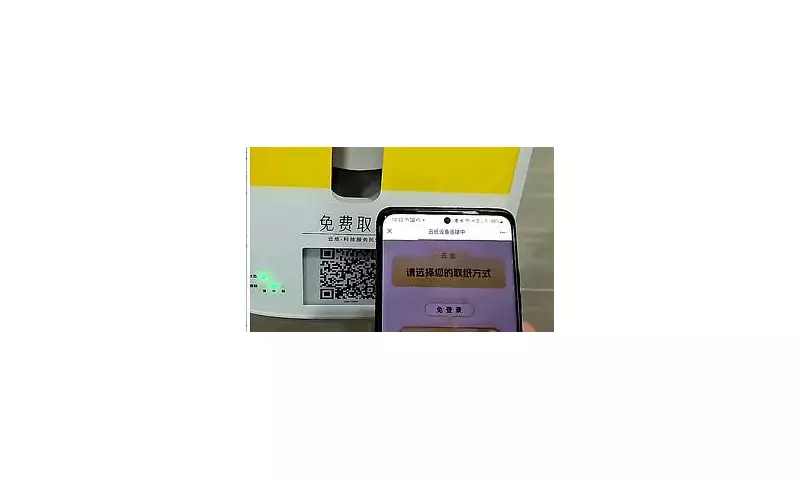
Imagine the horror: you're seated on the throne, only to discover the loo roll is locked away behind a digital paywall. This is the startling reality proposed by a new tech prototype that is dividing opinion – a smart toilet that withholds its paper until you've watched a commercial.
The controversial concept, unveiled at a tech exhibition, features a high-resolution screen embedded in the wall directly in front of the user. A sophisticated facial recognition camera identifies the person seated and the display springs to life with an unskippable 30-second advertisement.
How Does the 'Ad-Loo' Work?
The system is ruthlessly efficient. The toilet roll is housed within a locked, transparent casing. Only upon the successful completion of the advert will a small, single-sheet portion of paper be dispensed.
- Step 1: User sits down, activating the facial recognition camera.
- Step 2: A targeted advertisement plays on the screen for exactly 30 seconds.
- Step 3: Once the ad concludes, a mechanism unlocks and dispenses one sheet of toilet paper.
- Step 4: The process repeats for every single sheet required.
Proponents argue this model could generate significant revenue for public venues, potentially reducing maintenance costs or even offering businesses a new advertising stream. They suggest it could be installed in motorway service stations, shopping centres, and music festivals.
A Public Backlash
The concept has been met with widespread dismay and humour online. Critics have slammed the idea as a dystopian invasion of privacy and a step too far in the monetisation of everyday life.
"The last sacred private space is now being commoditised," one social media user commented. Others have questioned the practicality, wondering what happens if the Wi-Fi connection drops or the system suffers a glitch.
Privacy advocates have raised serious concerns about the use of facial recognition in such an intimate setting, questioning what happens to the biometric data collected. The very notion of being forced to engage with marketing content during a private moment has been labelled as profoundly uncomfortable by many.
While still just a prototype, the 'ad-loo' presents a stark vision of a potential future, challenging the public to consider what they are willing to endure for a free square of tissue.





